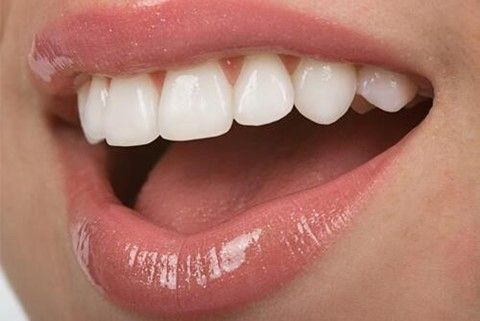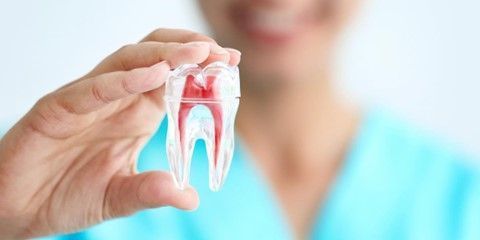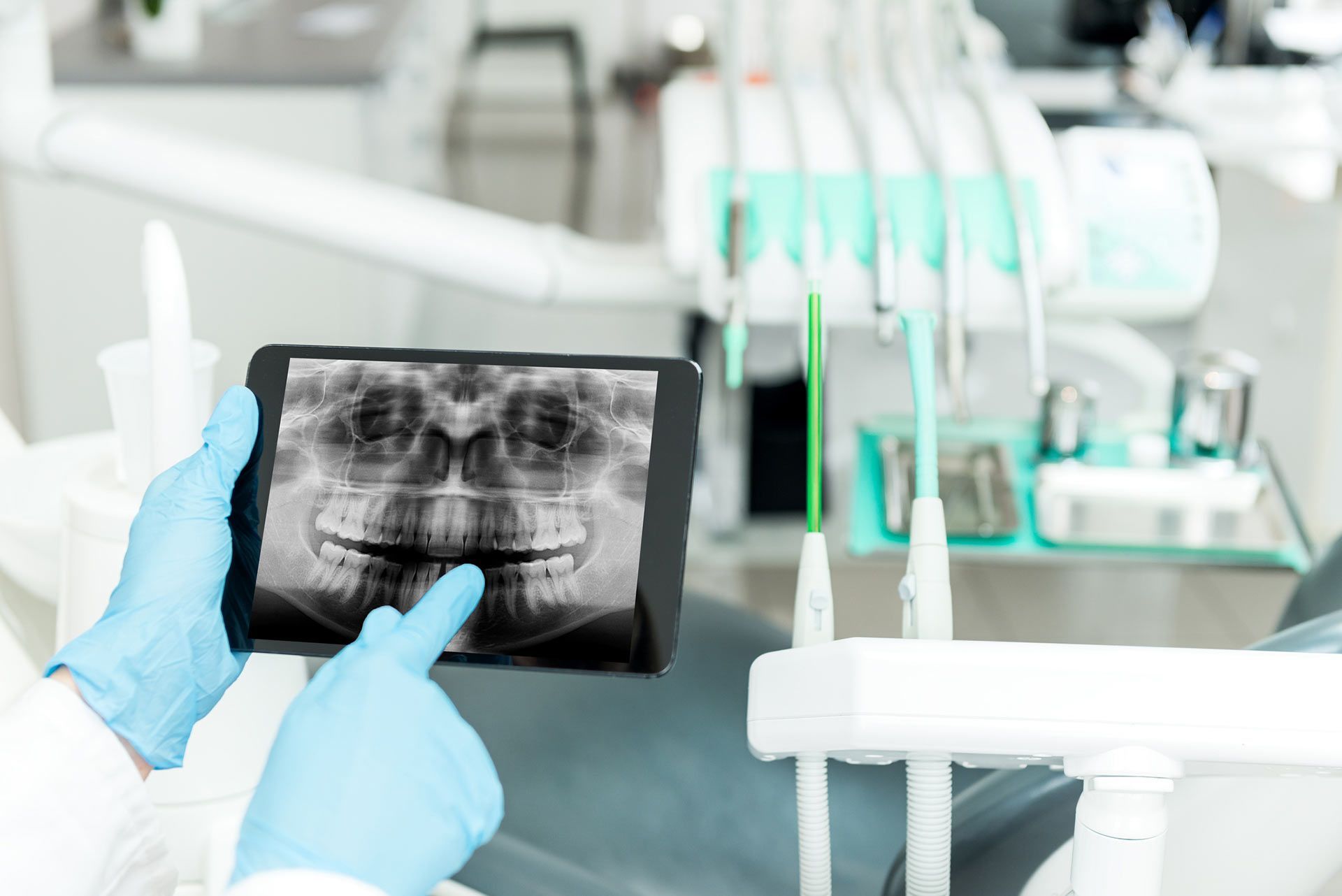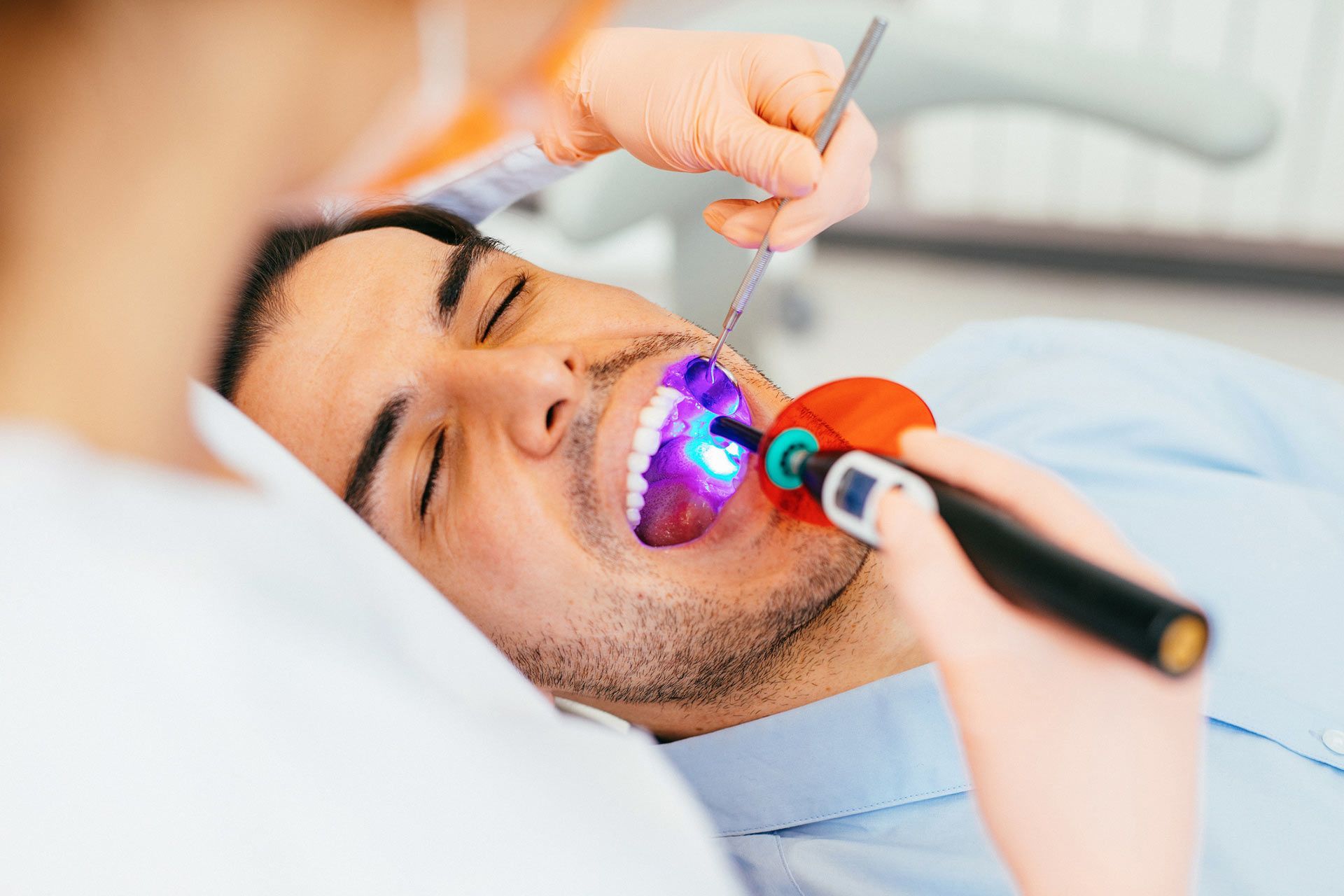Exceptional Dental Care Starts Here
SMILE Design offers various dental solutions in Munster, IN, to help bring out your most beautiful smile while keeping your teeth and gums healthy. With regularly scheduled checkups we will catch potential dental issues at the first sign of trouble and intervene with the best option for you and your budget. If you require more extensive solutions, we provide cosmetic dentistry services as well. Call 219-836-5656 to schedule today. Our general dental services include the following:
Tooth Filling Solutions to Fill Your Smile with Confidence
Fillings are a treatment option to help restore the function and appearance of a tooth that is damaged or decayed. Dental fillings are commonly used to treat a cavity. Having a tooth “filled” is a very common procedure and can be completed in one appointment at the office.
Get to the Root of Your Dental Problems with a Root Canal Treatment
No treatment can replace the benefits of a natural tooth. However, your tooth may need root canal (endodontic) treatment to remain a healthy part of your mouth.
Eat, Talk & Laugh with Ease with Our Dentures
Missing teeth are not only inconvenient and uncomfortable, but they can also have negative effects on your jaw and oral health. When a tooth is lost or extracted, the bone where it once was no longer has anything to support it and will start to recede. This can result in a change to the bite and even facial structure. Missing teeth also make eating and enjoying the foods you normally eat difficult eat. One of the most well-known and popular solutions for missing teeth is complete and partial dentures. They are removable dental appliances custom-made to fit a patient’s jaw. Complete dentures are used if all the teeth have been lost, while partials can be used if some natural teeth are still present.
Benefits of Dentures
Dentures offer several benefits, including:
- Restore the ability to chew
- Improve speaking
- Improve the look of the natural smile
- Fill out the appearance of the face and prevent the facial muscles from sagging
Emergency Dental Services
Having a dental emergency? We're right here for you.
What Dental Emergency Are You Dealing With?
We treat all dental emergencies, such as:
- Broken or a chipped tooth
- You Knocked A Tooth Loose
- Broke Or Lost Your Crown Or Fillings
- Sudden Painful Toothache
- Swelling In Your Mouth
- Injured Your Jaw
- inflamed and painful wisdom teeth
If you need immediate help, please CALL US right away 219-836-5656
Why should you choose our office?
- Same day appointments, immediate help
- Gentle, pain free approach
- Accept private insurances


Exam And X-rays
A comprehensive dental exam will be performed by our dental team at your initial visit. At regular check-up exams, we will include the following:
- Diagnostic x-rays (radiographs): Essential for detection of decay, tumors, cysts, and bone loss. X-rays also help determine tooth and root positions.
- Oral cancer screening: Check the face, neck, lips, tongue, throat, tissues, and gums for any signs of oral cancer.
- Gum disease a: Check the gums and bone around the teeth for any signs of periodontal disease.
- Examination of tooth decay: All tooth surfaces will be checked for decay with special dental instruments.
- Examination of existing restorations: Check current fillings, crowns, etc.
Oral Cancer Screening
An oral cancer exam is performed by a dentist or doctor to screen for signs of cancer or precancerous conditions in the mouth. The goal of the exam is to identify mouth cancer while it is in its early stages because, at that point, treatment is more effective and there is a better chance of recovery. Most dentists perform the exam as part of a routine dental appointment. Some doctors may use additional tests to aid in identifying areas containing abnormal cells in the mouth.
What To Expect During An Oral Cancer Exam?
During an oral cancer screening, your dentist will check the inside of your mouth for red or white patches or mouth sores. He or she will also feel the tissues in your mouth, using gloved hands, to check for lumps or other abnormalities. If you wear removable dentures, whether complete or partial, you will need to remove them so that the tissues underneath can be examined.

Dental Cleanings
Professional dental cleanings (dental prophylaxis) are usually performed by Registered Dental Hygienists. Your cleaning appointment will include a dental exam and the following:
- Removal of calculus (tartar): Calculus is hardened plaque that has been left on the tooth for some time and is now firmly attached to the tooth surface. Calculus forms above and below the gum line and can only be removed with special dental instruments.
- Removal of plaque: Plaque is a sticky, almost invisible film that forms on the teeth. It is a growing colony of living bacteria, food debris, and saliva. The bacteria produce toxins (poisons) that inflame the gums. This inflammation is the start of periodontal disease!
- Teeth polishing: Remove stain and plaque that is not otherwise removed during tooth brushing and scaling.
Deep cleaning (Scaling And Root Planing)
After your oral evaluation or check-up, your dentist may recommend a procedure called “scaling and root planing” in one or more quadrants, or quarters of your mouth, to address an issue with gum disease they have observed. Periodontal disease, or gum disease, is relatively common in adults, and is caused by bacteria that has collected under the gum line, causing irritation and inflammation. Gingivitis is the first stage of gum disease. Left untreated, gingivitis can progress to periodontitis, which can cause bone loss and even tooth loss.
Sealants
For good oral health, brushing and flossing are excellent habits to keep. However, it’s difficult to reach every nook and cranny of all your teeth. The back teeth (the molars) can be especially difficult to reach and, because they have a rough, uneven surface, leftover food and plaque can easily collect on them and cause cavities. To protect these vulnerable teeth and keep them clean, dental sealants are a great solution. These create a clear, plastic varnish over the teeth, literally “sealing” them off.


Dental Fillings
Fillings are a treatment option to help restore the function and appearance of a tooth that is damaged or decayed. Dental fillings are most commonly used to treat a cavity. Having a tooth “filled” is a very common procedure and can be completed in one appointment at the office.
Tooth-Colored Fillings
A composite (tooth colored) filling is used to repair a tooth that is affected by decay, cracks, fractures, etc. The decayed or affected portion of the tooth will be removed and then filled with a composite filling. As with most dental restorations, composite fillings are not permanent and may someday have to be replaced. They are very durable, and will last many years, giving you a long lasting, beautiful smile.
Reasons For Composite Fillings:
- Chipped teeth
- Closing space between two teeth
- Cracked or broken teeth
- Decayed teeth
- Worn teeth
AMALGAM FILLINGS
Amalgam, known as silver fillings. Amalgam is a combination of metals bound together with elemental mercury. The American Dental Association (ADA) as well as the U.S. Food and Drug Administration (FDA) currently list dental amalgam as a safe and effective material for dental restoration.
Root Canal Treatment
No treatment can replace the benefits of a natural tooth. However, your tooth may need root canal (endodontic) treatment for it to remain a healthy part of your mouth.
A tooth is made of pulp (also known as nerve tissue) on the inside and enamel and dentin on the outside. A root canal is necessary when the pulp, the nerve inside the root, develops infection. The infection can have a variety of causes, including a crack in the tooth, repeated dental work, or deep decay. A tooth that has been injured may also sustain pulp damage even when there are no visible signs on the outside of the tooth. Without treatment, pulp infection can result in pain or lead to an abscess.

A root canal is a treatment that will save your damaged tooth. In this situation, a tooth is restored through removing the infected nerve tissue, treating any remaining infection, and filling the empty root canals with medicated dental materials. Antibiotic treatment may also be required in conjunction with root canal therapy.
Root canal therapy usually involves one to two office visits for to complete. Afterwards, it is essential that you return to have a crown or other restoration placed over the tooth to protect it. For the first few days after treatment, your tooth may feel sensitive, but any pain can be relieved with over-the-counter or prescription medications as needed.
Extractions
When teeth extractions are necessary?
Your teeth are great natural tools. That's why your dentist will make every effort to preserve them. But, sometimes, removing a tooth is the best option for your oral health. You may need a tooth extracted due to severe tooth decay or gum disease, an impacted wisdom tooth or an emergency, like when a tooth is fractured in an accident.
Before your tooth extraction
Here’s what to do before having a tooth or teeth removed:
- Give your dentist a list of any medications or supplements you’re taking.
- Learn about your options for minimizing pain during and after the tooth extraction.
- Stock up on liquids and soft, nutritious foods to eat.
Tooth extraction recovery
We’re here to help you through the recovery process. Here’s what to expect.
Get plenty of rest and limit physical activity.
First 24 hours
- Get plenty of rest and limit physical activity.
- Stick to a diet of liquids and soft foods.
- Do not use a straw, smoke, or suck on candy or lollipops. The sucking motion can disturb the clot that is forming at the extraction site.
- Avoid drinking hot liquids or alcohol or using mouthwash that contains alcohol.
- Apply an icepack or cold, damp washcloth to your face to help reduce swelling.
- Do not brush your teeth near the extraction site but do clean the rest of your teeth as usual.
Day 2
- Add other foods to your diet as tolerated.
- Chew on the opposite side of your mouth as the extraction. After a few days gradually begin to chew on both sides.
- Begin cleaning the teeth next to the extracted tooth site.
- Gently rinse your mouth with saltwater after meals to help keep the healing tooth socket clean.
- Resist playing with the healing gum, which could disrupt the clot and cause a dry socket. A dry socket can cause severe pain and lead to other complications.
When to call your care team after tooth or teeth extractions
Call us immediately if you experience:
- Fever, nausea or vomiting
- Severe pain, swelling or bleeding
- Pain that gets worse, instead of getting better
Dentures
What Are Dentures?
Missing teeth are not only inconvenient and uncomfortable, but they can also have negative effects on your jaw and oral health. When a tooth is lost or extracted, the bone where it once was no longer has anything to support and will start to recede. This can result in a change to the bite and even facial structure. Missing teeth also make it difficult to eat and enjoy the foods you normally do. One of the most well-known and popular solutions for missing teeth is dentures, complete and partial. They are a removable dental appliance that is custom-made to fit a patient’s jaw. Complete dentures are used if all the teeth have been lost while partials can be used if some of the natural teeth are still present

Benefits Of Dentures
Dentures offer several benefits, including:
- Restore the ability to chew
- Improve speaking
- Improve the look of the natural smile
- Fill out the appearance of the face and prevent the facial muscles from sagging

Night GUARD
Unconscious grinding of the teeth during sleep is a condition known as bruxism. If you grind your teeth in your sleep most nights, you should contact our office for a night guard.
A night guard is a removable dental appliance similar to an athletic mouth guard. It provides a barrier between your top and bottom teeth to protect them while you sleep.
At SMILE Design, we will custom-fit your night guard to ensure your comfort and safety. Night guards can protect your teeth from wear, gum irritation, enamel damage, and jaw pain.
If you suspect you have teeth-grinding issues, contact our office for an appointment.
Pediatric Dentistry
A beautiful smile is important for a child’s confidence. At SMILE DESIGN, we are passionate about providing quality dental care for children and teens in a stress-free environment. We believe that by creating positive dental experiences from an early age, we can help to create long-lasting dental habits. Our dentist will work with your family to ensure that your child has a happy, healthy smile!
From the age of one year, around which time a baby’s teeth will begin to appear, parents should schedule yearly or biennial dental checkups, which can be just as necessary as general doctor appointments.
What Services We Provide For Pediatric Patient’s
We align on many of the same job responsibilities, including:
- Providing oral cleanings 1-2 times a year
- Fluoride treatments
- Sealants
- Fillings
- Extractions
- Diagnosing and fixing dental injuries or diseases, or referring patients to a specialist
- Providing and interpreting x-rays and other tests
- Maintaining proper dental records for each patient, and distributing them to specialists as necessary
- Offering dental advice including hygiene and disease prevention techniques
Get a new set of dentures or extract your tooth today! Call 219-836-5656 now.
















